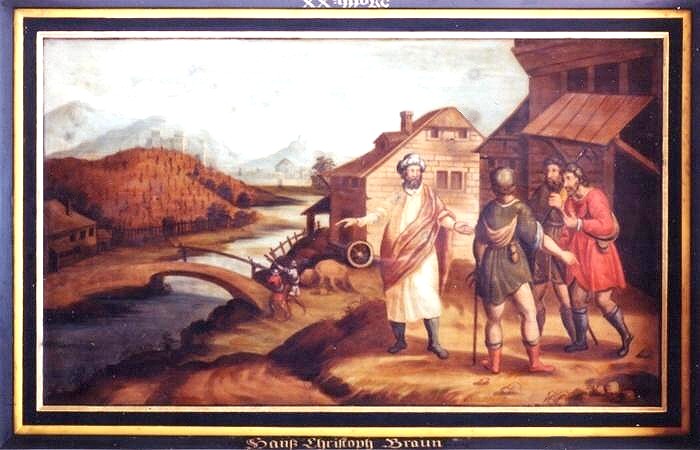In 1858, a young woman named Louisa walked to the edge of the Mill Dam in Boston, Massachusetts and contemplated suicide. A self-described spinster, unemployed, and having recently lost a sister to rheumatic heart disease, she didn’t see a way forward. But, as she later told a friend, she stepped back from the abyss because she realized, “There is work for me, and I’ll have it.”[1]
The work she desired was that of a writer, but little was to be found. Her family’s impoverished circumstances, her gender, and the inherent difficulty of penetrating the world of publishing were formidable obstacles. Nevertheless, she did have the good fortune of growing up in the heart of literary New England and, through friends, had access to a vast array of books. In addition, her father interacted socially with poets such as Longfellow and Lowell, and considered Emerson his best friend. Henry David Thoreau even took Louisa and her siblings on nature walks.[2]
Continue reading “Louisa and Wendell”
